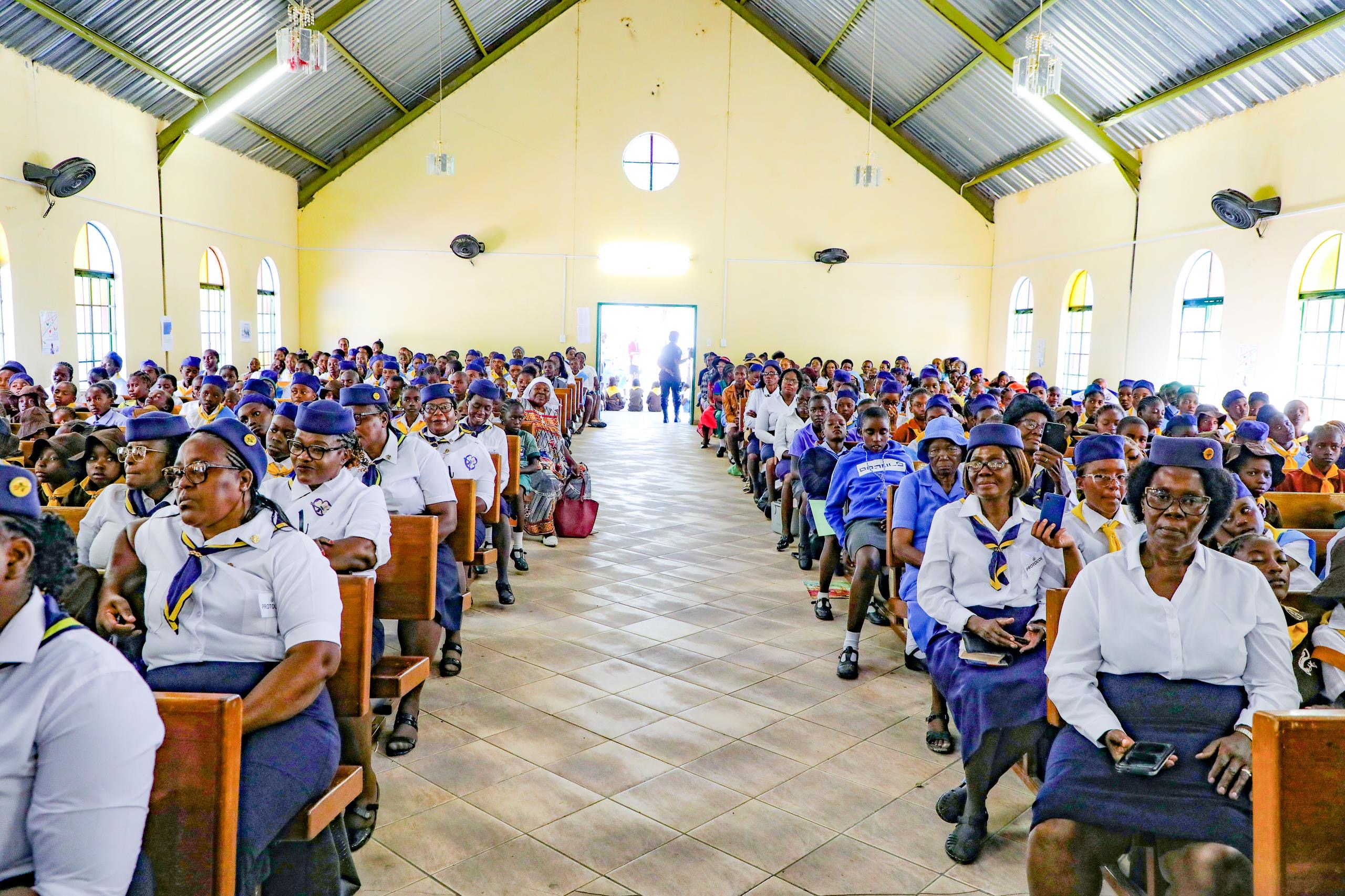ONLY large corporate customers will pay the City of Windhoek’s new ‘time-of-use’ electricity tariffs from July 1.
Existing electricity meters in homes are unable to record the exact time at which energy is used, the City has admitted.In terms of the Time-Of-Use (TOU) system, the municipality will charge electricity at higher rates on certain days of the week and specific hours of the day.The City introduced the new charges in April, after NamPower informed its bulk transmission customers of its intent to do the same from July.The City announced that it had ‘no option but to regrettably pass on these costs to its customers’, leaving residential customers asking exactly how this would be done. In terms of the TOU system, electricity will cost the municipality, and its customers, more on weekdays than on Sundays. It will also cost more between 07h00 and 12h00, and again between 18h00 and 21h00, than during the rest of the day. The TOU system also includes ‘seasonal rates’, which will see higher rates charged during the months of June, July and August than in the remainder of the year.The head of the City’s Electricity Department, Ferdinand Diener, said during the initial stages residential customers will simply be requested to help keep their, and the city’s, power bill down in the absence of a monitoring system for them.’The main aim behind our current campaign is to bring to the public’s attention that there is this thing called time-of-use tariffs that is on its way. Obviously, if people don’t co-operate and that brings an increase to the City’s bill, that might lead to an increase in what we charge our clients. That money will have to be recovered from somewhere,’ Diener said.He said the City is looking at the possibility of allowing residential customers to add a second electricity meter to their existing ones, which might enable better monitoring of individual usage.’We can’t however specify when exactly that will be a reality because we’re looking at various factors still, like for example what are the chances of people getting away with fraud in such instances,’ he said.Should this be an option, he said the City would have to ensure that additional electricity meters are strictly allowed for clients who keep their accounts current.When the Electricity Control Board granted permission for the implementation of the TOU tariffs, it suggested that these could play an important role in improving demand-side management of electricity use.
Stay informed with The Namibian – your source for credible journalism. Get in-depth reporting and opinions for
only N$85 a month. Invest in journalism, invest in democracy –
Subscribe Now!










